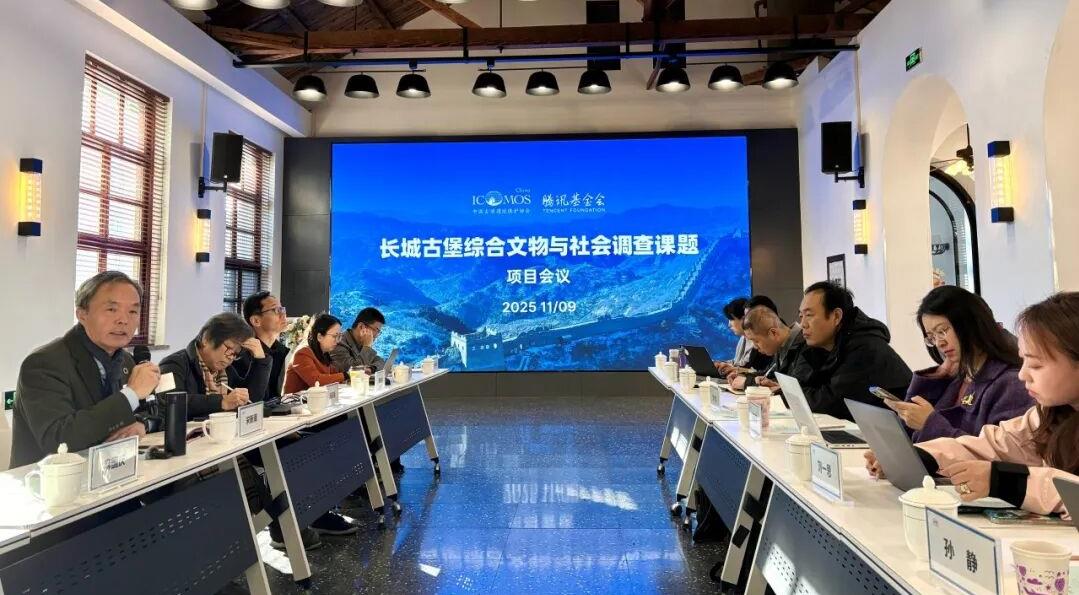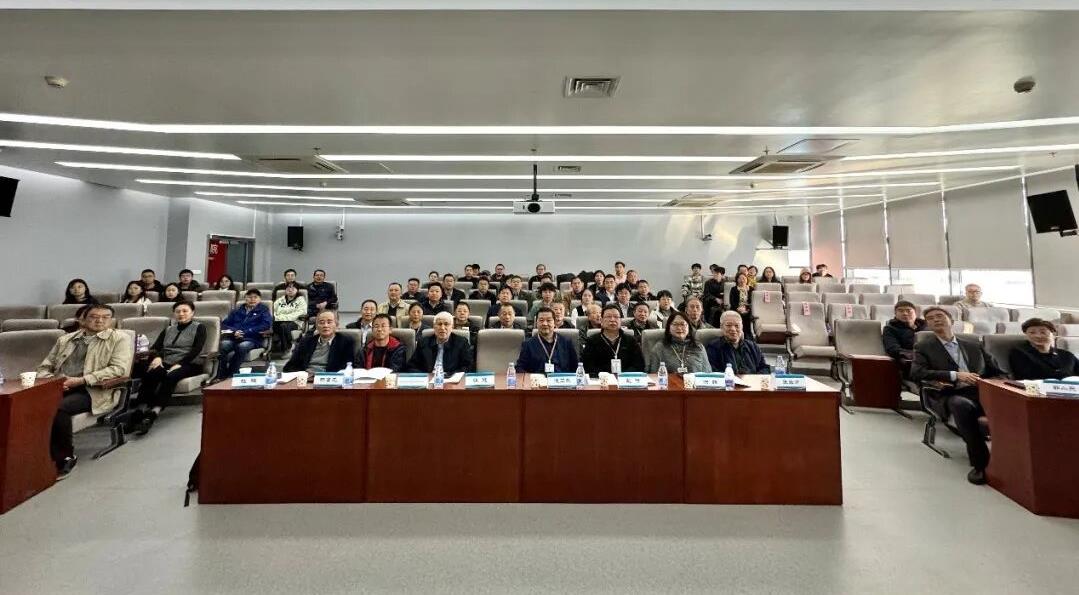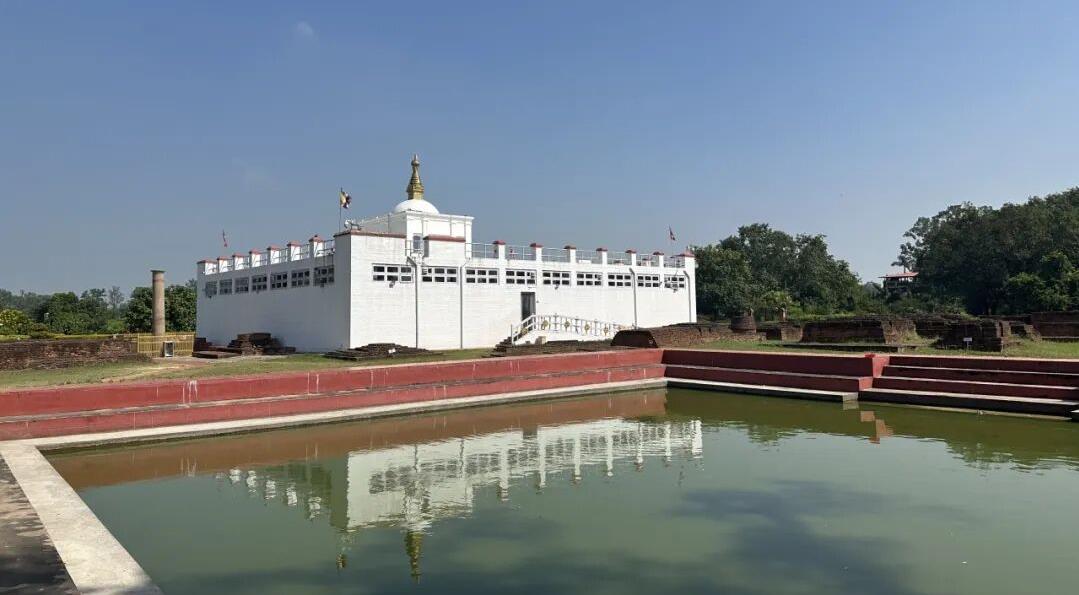国际古迹遗址理事会与九州大学联合主办的“关于被破坏的文化遗产重建问题”研讨会将于明年3月在巴黎召开
ICOMOS University Forum Workshop on Authenticity and Reconstructions
13 – 15 March 2017
ICOMOS and Kyushu University, Japan will jointly convene an international workshop in 2017. The workshop is intended as an opportunity to engage in open and constructive discussion on the subject of the reconstruction of destroyed/damaged cultural heritage.
Under the title “A contemporary provocation: reconstructions as tools of future-making”, the venture is a pilot initiative of the ICOMOS University Forum, and will be hosted by ICOMOS in Paris from 13-15 March 2017.
Three themes are proposed.
Theme 1: From Nara to Nara+20: where is authenticity now? Authenticity has long been the normative framework for discussions about reconstruction. Thirty years after the Venice Charter, the Nara Document recognized the cultural dimension of development. Since then the interrelationship between heritage and society obtained practical significance and intensified in many ways. Today, authenticity is back on the agenda and turns out to be a complex topic of different definitions and perspectives brought to bear on a variety of contemporary reconstructions of the past. This is the context where we should approach authenticity today to ask ourselves “where are we now”?
Theme 2: Creating heritage-making futures? It has long been held that the legacy of the past needs to be conserved for the benefit of future generations, as well as for our own. In conserving what we received we have created “heritage”. In this theme we ask about the positive contributions that such heritage can make to the lives of future generations, in the light of the impacts of historical, cultural and natural changes and transformations. How will what we now accept as heritage improve specific futures? Is there a role for reconstructions?
Theme 3: Conservation as management Conservation has long been considered as the management of change. A primary change has been in understanding the scope of the legacy. In parallel, the range of stakeholders has extended beyond the traditional conservation disciplines and authorities to encompass disparate social groups and communities, participants in identifying and valorising aspects of the legacy, including its potential reconstructions. We ask what consequences for reconstruction flow from this process of change, from the shift in the social roles, powers and capacities that are brought to bear, including the implications for understanding, resource allocation and knowledge and cultural development.
The Workshop Concept
The Workshop is intended to be an intensive, exploratory experience in which the participants engage in open discussion in a multi-disciplinary environment. Numbers will be small (30-35) in order to encourage the maximum engagement with the perspectives of participants. The language of the Workshop will be English.
The Workshop will be constructed as follows:
1. Participants will be confirmed on the basis of short abstracts (500 -1000 words), received by the Working Group by 18 November 2016. Abstracts may be submitted either in English or in French. Decisions of acceptance will be made by 10 November 2016.
2. The selected abstracts will be circulated to all participants in advance of the workshop.
3. Following brief introductory context-setting statements, participants will be assigned to a small group devoted to one of the three themes outlined above. While, in assigning participants to each group, consideration will be given to the choice of theme by the participants, the overriding concern of the organisers will be to ensure that groups are as balanced as possible.
4. Groups will be asked to prepare a summary of their discussions for presentation to the workshop at a plenary session.
5. Following the workshop, these summaries will be circulated to all participants.
6. At this stage, participants will be asked to prepare full papers in English (6000 words) with a view to publication. These papers will generally develop the theme of the participants’ original abstract. However, they must also explicitly reflect on and take into account the discussions that have taken place during the workshop. This requirement is a precondition for publication.
7. The papers will be peer-reviewed by the Working Group and considered for academic publication in a printed volume. All peer-approved papers will be published open-access online with permanent availability.
Abstracts should bear a title and the name and academic affiliation of the author, and be submitted as a .doc or .docx file to: secretariat@icomos.org with the subject line “ Your last name/ ICOMOS University Forum Workshop on Authenticity and Reconstructions”.
Further particulars concerning the arrangements for the workshop will be sent to the authors of accepted Abstracts early in 2017.
最新新闻
-
-

- 2025-11-12 协会动态
【创意交流】长城古堡综合文物与社会调查课题项目会议在京召开
-
-
-

- 2025-11-04 专委会动态
第四届文化遗产防灾减灾年度论坛暨2025年中国古迹遗址保护协会文化遗产防灾减灾专业委员会年会在北京召开
聚焦“充分认识自然灾害风险,提升文化遗产安全韧性”, 中国古迹遗址保护协会文化遗产防灾减灾专业委员会2025年年会于11月1日在北京市成功举办。
-
-
-

- 2025-10-21 总部动态
2025年ICOMOS大会暨科学研讨会召开
2025年10月15日-18日,2025年度ICOMOS科学研讨会在尼泊尔蓝毗尼举行。
-






